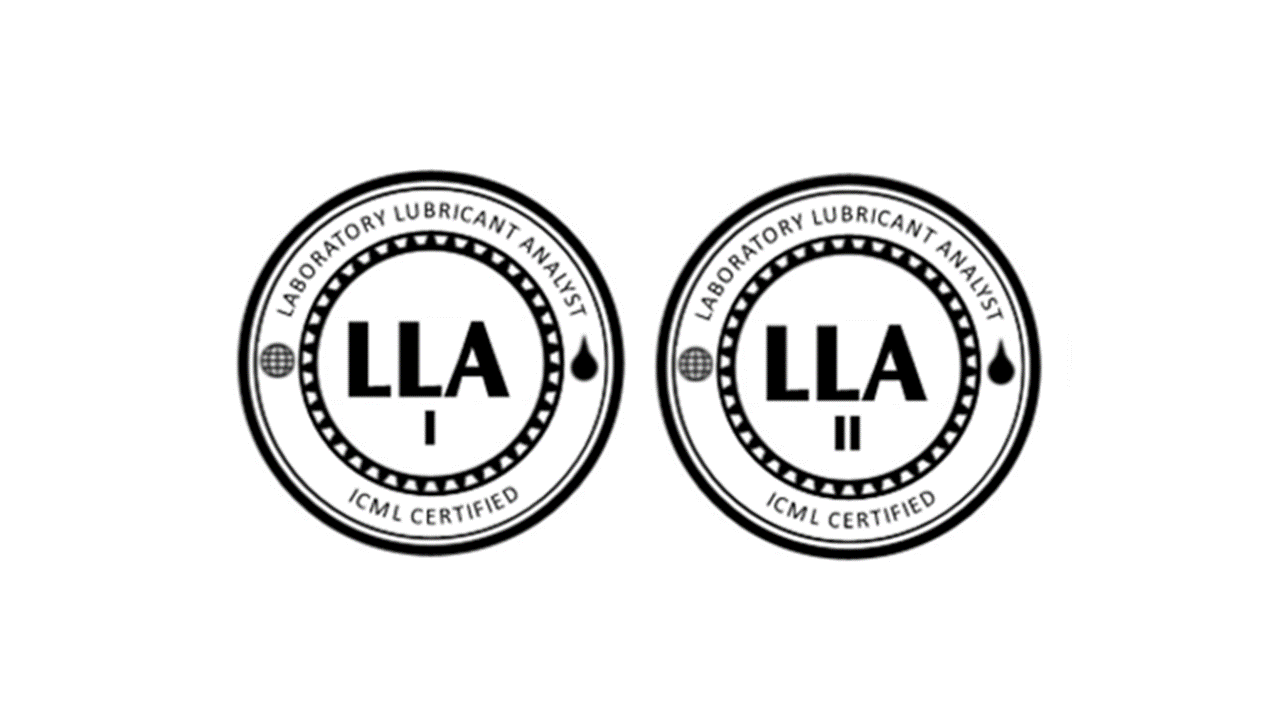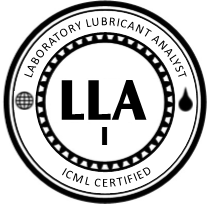Description
This online course is designed to prepare you to take the Laboratory Lubricant Analyst Level I (LLA I®) and the Lubricant Analyst Level II (LLA II®) certification exam preparation. The Laboratory Lubricant Analyst Level I (LLA I®), compliant with ISO 18436-5) targets laboratory technicians performing daily activities, according to established ASTM procedures associated with testing of lubricant samples. Tasks include receiving and handling lubricant samples, performing tests, reporting results and inspecting data from individual test methods. Price doe not reflect the cost for the exam through ICML.
Laboratory Lubricant Analyst Level II (LLA II), compliant with ISO 18436-5) targets senior laboratory technicians, laboratory managers, and diagnosticians responsible for the daily activities associated with producing lubricant analysis data for machine condition monitoring. Tasks include performing test and analysis, diagnosing lubricant failure mechanism and modes instrument calibration and SPC based quality control. As per ISO 18436-5, you have to have achieved the LLA I prior to being able to enroll to take the LLA II exam. Price does not include cost for the exam though ICML. You must first pass the Laboratory Lubricant Analyst Level I (LLA I®) prior to taking the Laboratory Lubricant Analyst Level II (LLA II) exam.
The following is the course outline:
- Lab Sample Handling and Preparation
- Lubricant Monitoring
- Instrument Calibration
- Lubricant Roles and Functions
- Compatibility Analysis
- Contamination Analysis
- Wear Debris Analysis
- Data Interpretation
- Quality Control
Only logged in customers who have purchased this product may leave a review.





Reviews
There are no reviews yet.